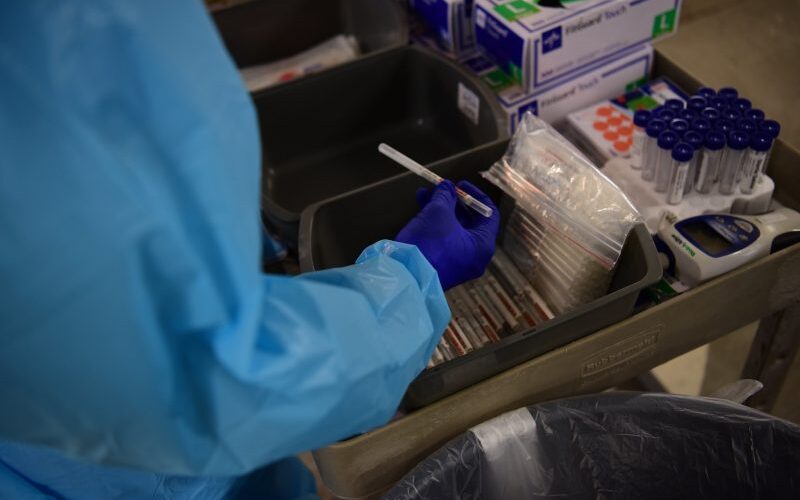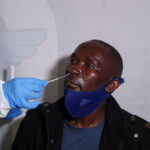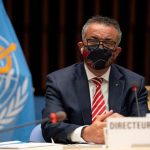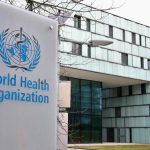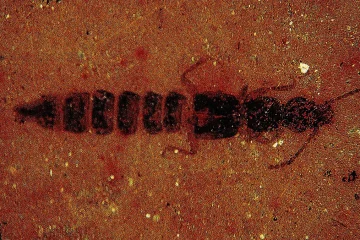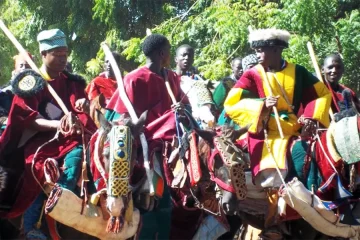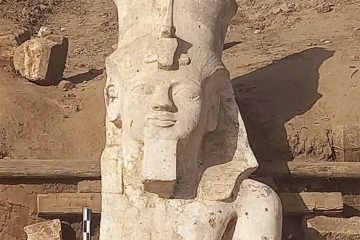

The COVID-19 pandemic has put global emergency preparedness under sharp scrutiny. It’s also placed national health systems’ capacity to predict and respond to major emergencies under the microscope.
Much of the response to the pandemic is focused on testing, case management and control measures such as personal hygiene, quarantine and social distancing. But in most African countries, these measures are not backed by reliable context-specific data. Instead, depend largely on epidemic curves from China and Europe; these appear to differ from those in sub-Saharan Africa.
Governments and other stakeholders are desperate for accurate, real-time data on the pandemic’s progress to inform intervention strategies. The scarcity of medical and laboratory resources because of increased global demand, along with international travel restrictions, has also forced countries to look inwards. African countries, for instance, are seeking local innovations and adaptations in COVID-19 testing options and interventions, as well as personal protective equipment.
All of this has turned attention to the contribution that local researchers can make in responding to the pandemic. This centres on the concept of science preparedness. Some commentators define science preparedness as
Many countries in sub-Saharan Africa have low research capacities. This has led to some anxiety and fear about the ability of the research community to provide scientific backup to COVID-19 response. However, the last decade or so has seen a significant increase in funding for research capacity in Africa. But has this investment impacted on the continent’s science preparedness?
a collaborative effort to establish and sustain a scientific research framework that can inform and enable emergency planners, responders and the whole community to better prepare for, respond to, and recover from major public health emergencies and disasters.
We set out to address this question by reflecting on how research expertise, infrastructure and resources established under one of the largest networks for research capacity building in Africa has been mobilised for pandemic response. Four months into the pandemic, we surveyed members of a massive African coalition. This revealed just how extensively the continent’s researchers have mobilised their expertise and resources towards the COVID-19 response.
At the forefront
The African Research Coalition for Health (ARCH) is an umbrella network of 11 African-led consortia largely funded by the DELTAS-Scheme of the African Academy of Science. It covers 54 African research institutions and universities across 17 Sub-Saharan countries. The coalition aims to build high-quality research capacity across the continent.
By the end of 2021, ARCH will have supported training for more than 1000 high-quality PhD and postdoctoral researchers. The numbers will be similar for Master’s training and graduate research internships, across most spheres of health research.
Responding to our survey, many ARCH partner institutions indicated that they were among the first COVID-19 testing and diagnostics training nodes in their respective countries. Beyond testing, the institutions have also deployed their surveillance systems. And they’ve used their expertise in epidemiology, modelling and pathogen sequencing to help. A significant proportion of this expertise was developed under the ARCH framework.
Many ARCH-trained researchers are currently launching immunology and pathogenesis studies to inform COVID-19 drug and vaccine development. Clinical trials capacity in Sub-Saharan Africa is limited. But ARCH has supported the development of some of the best capacity for trials in the region. At least four consortia are preparing to support clinical trials for COVID-19 vaccines and drugs.
The global response to COVID-19 requires a multi-sectoral, multi-agency approach. More than 30 ARCH-affiliated scientists and training fellows have been formally appointed to their respective national COVID-19 response teams. They are advising on all elements of the pandemic, including aspects like mental health. This builds on the links that ARCH consortia have established with their local state health agencies.
Several ARCH ethics researchers have also been involved in developing guidelines for expedited ethics review and approval for COVID-19 studies.
Prolific African researchers
The results of our study suggest that investment in research capacity building is paying dividends in sub-Saharan Africa.
ARCH’s model is underpinned by a theory of change that encompasses four domains of scientific leadership. These are research training; scientific excellence; scientific citizenship and research management. The coalition also strongly emphasises retaining and nurturing researchers beyond training.
This broad view of research capacity building has generated a cohort of prolific African researchers. Many of them lead their own research programmes. They are also fostering strong collaborations between the consortia and local ministries of health and other key health stakeholders to translate and implement research output.
All of this is illustrated by the fact that when COVID-19 reached Africa, the consortia were able to rapidly deploy and redirect their expertise, research resources, infrastructures and links with health agencies to support the response.
Work to be done
This isn’t to suggest the continent’s research capacity is fully developed. Much work remains to be done. The number of African researchers still falls far short of critical mass. Many countries are still excluded from coalitions like ARCH because their governments and other research funders will not invest. The pandemic is an opportunity for African governments to seriously reflect on their efforts to build science capacity.
It’s also important to point out that despite the expertise, infrastructure and resources that ARCH and other African institutions have mobilised for COVID-19 responses, critical gaps remain in Africa’s science preparedness.
Many institutions are hamstrung by an inability to procure key reagents, goods and services for laboratory and field-based research for COVID-19 and other diseases due to lockdown and travel restrictions. Such issues highlight the urgent need to strengthen institutional and national business continuity plans for research during major crises. – The Conversation.

